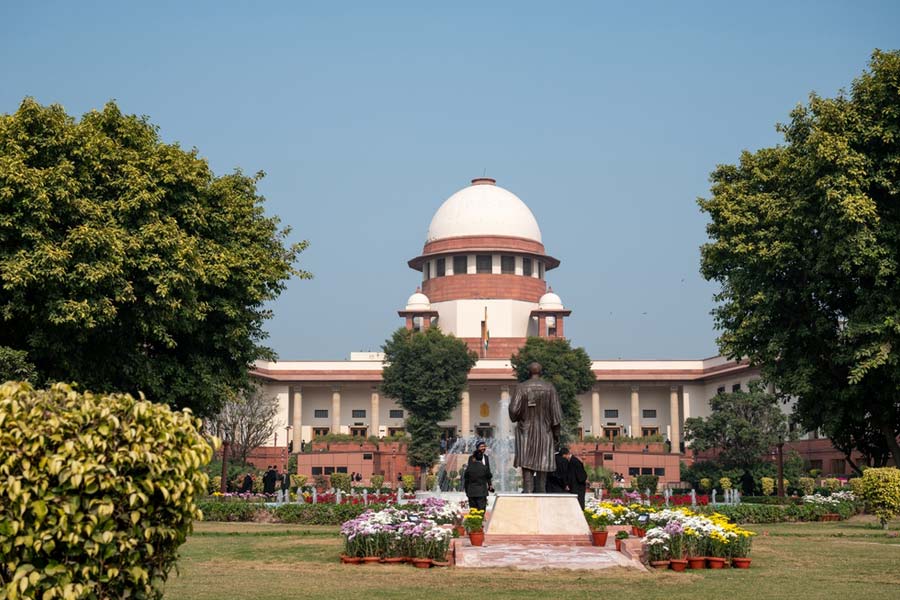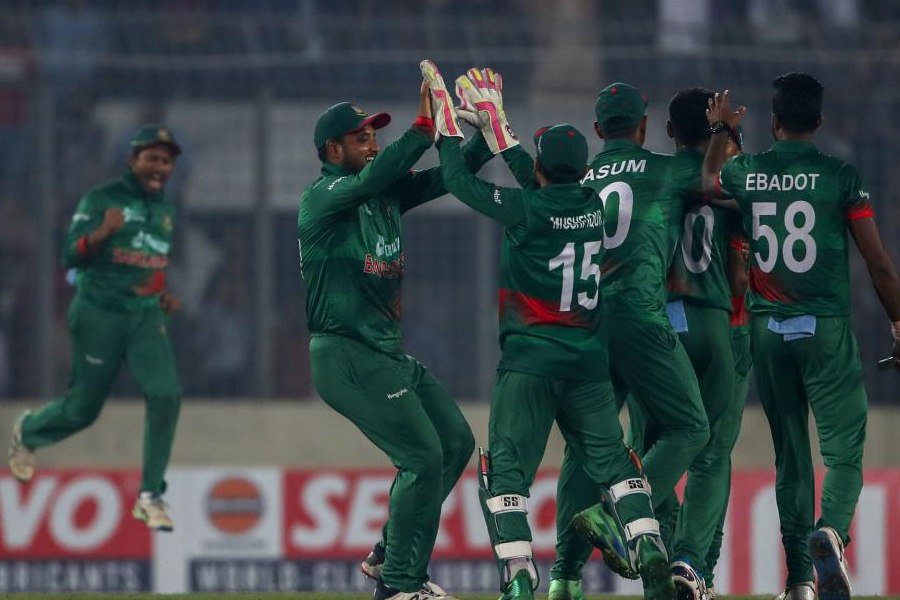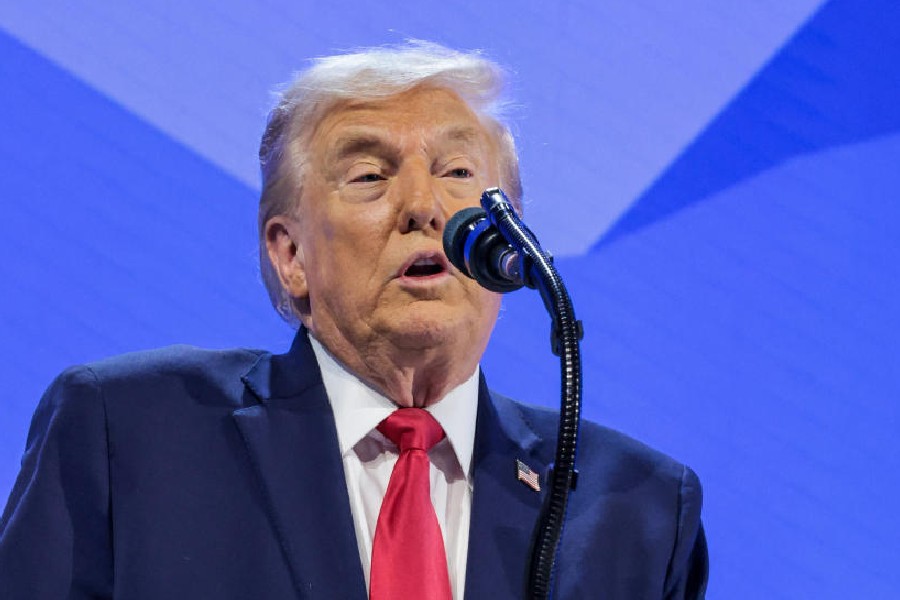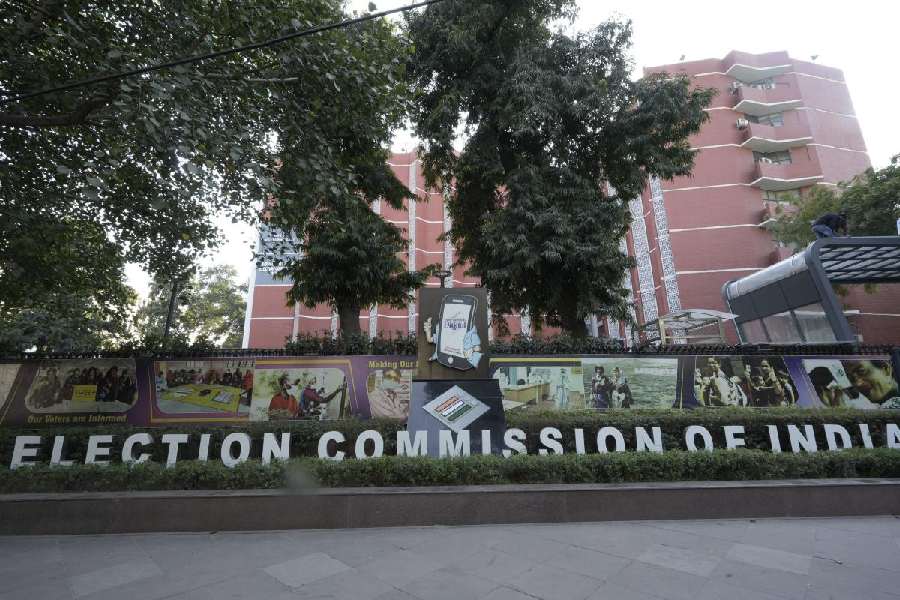The Supreme Court on Tuesday dismissed an appeal filed by the National Commission for Protection of Child Rights (NCPCR) challenging a Punjab and Haryana High Court ruling that had held that a minor Muslim girl could get married once she attained puberty.
Questioning the locus standi of the statutory body tasked with protecting the interests of children, a bench of Justices B.V. Nagarathna and R. Mahadevan orally observed that consensual relationships between teenagers should not be criminalised.
The NCPCR had filed the present special leave petition in 2023, challenging the high court’s judgment on June 13, 2022, that Muslim minor girls could marry under the religion’s personal law despite it being an offence under the Protection of Children from Sexual Offences Act and Child Marriages Restraint Act, 2006.
“Why has the NCPCR come? You are a stranger to this litigation,” the bench told the counsel appearing for the NCPCR, who said the matter would be argued by solicitor-general Tushar Mehta.
However, the bench proceeded to hear the issue and said: “The NCPCR has no locus standi to challenge such an order if the high court, in exercise of its writ jurisdiction under Article 226, has passed it.”
In its 2022 order, the high court had directed the 16-year-old girl’s custody to be handed over to the petitioner husband. The couple had sought the high court’s protection after their families refused to accept their marriage.
Justice Nagarathna, heading the bench, observed: “The NCPCR cannot say don’t protect two children. We are telling you that if two minor children are protected by the HC, how can the NCPCR challenge such an order? It is strange that the NCPCR, which is for protecting the children, has challenged such an order.”
“There is Pocso, which takes care of the penal cases, but there are romantic cases also where teenagers... run away, where there are genuine romantic cases, they want to get married, don’t read such cases same as criminal cases,” the bench observed.
The court said Pocso cases were often filed by parents to cover their daughters’ elopement.
The bench later dismissed the NCPCR plea to file the SLP against the high court judgment.
The court orally observed that it was the police’s duty to handle such cases humanely and protect such couples to prevent honour killings.
“Where there is genuine love between two people, how can you say penal action should be taken?” the bench asked the NCPCR.
The NCPCR had filed the appeal after the top court refrained from staying the impugned high court judgment, but stated that it should not be treated as precedent by other courts in the interest of minors.
The age of attaining puberty is 15 years according to the Muslim personal law.
The NCPCR had challenged the high court order as being illegal and unconstitutional, as the marriage of a minor amounted to rape under Pocso.
“If we stay (the judgment), then the girl has to go back to her parents and she does not want that… Her parents wanted her to marry her maternal uncle. What will happen is, the moment we stay, she will be restored to her parents,” the apex court had observed at the earlier hearing while refusing to stay the high court order.
It had appointed senior advocate Rajshekhar Rao as amicus curiae to assist the court in the matter.
Besides the Pocso Act, the NCPCR has also cited the Child Marriages Restraint Act and IPC Section 375 to argue that a girl must be 18 years and a boy 21 years to get married, or else it would amount to rape.
While passing the impugned judgment, the high court had referred to Article 195 of the Principles of Mohammedan Law by Sir Dinshah Fardunji Mulla — a legal treatise on Muslim personal law — a girl over l6 years of age was eligible to marry a person of her choice.










